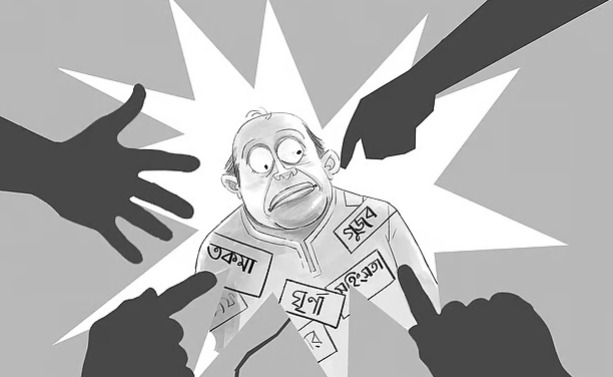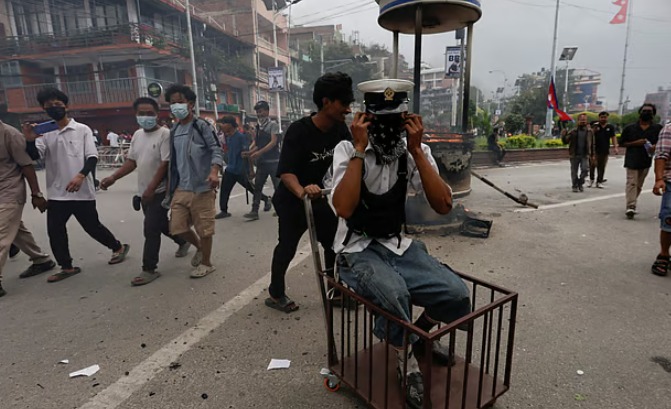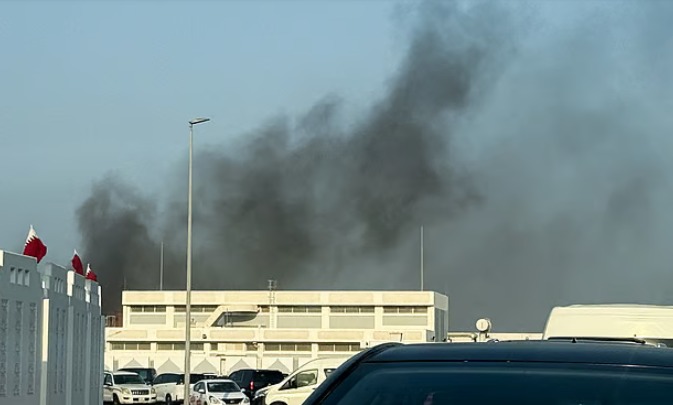Desk Report,
Several incidents of unrest, hatred and political crisis
We have witnessed several incidents of unrest in the country one after the other. None of these were expected. Many have described them as an attempt to create chaos so that the elections do not take place on the promised date by the Chief Advisor.
Several incidents of unrest, hatred and political crisis
Two forces are being blamed for the planned unrest—one is the organizational initiative of the fugitive leadership of the defunct Awami League; the other is some influential individuals or groups who have gained expertise in influencing society through various social media platforms. These platforms have become the most effective tools for spreading hatred and malice.
If you want to humiliate or humiliate someone, the most suitable place for it is probably one of the social media platforms, in Bangladesh it is Facebook and YouTube. However, on a global scale, X (formerly Twitter) is the most advanced in this regard.
The role of social media in spreading ethnic hatred against the Rohingya, a minority Muslim population that has been subjected to genocide in neighboring Myanmar, has been revealed by the investigation of UN investigators. A case was also filed against Facebook’s parent company Meta in 2021 in this regard.
In Bangladesh, as a fertile ground for cultivating hatred, everyone from well-known politicians to art, culture, and media personalities are now at risk of such mass harassment. Rather than healthy discussion, decent debate, and counterarguments, the most common practice now is to label the proponents or followers of a dissenting opinion as enemies by using a controversial label, using obscene language, misusing half-truths or fragmented information, distorting information, etc.
In this case, the aim is for the opponent to be subjected to mass harassment (equivalent to mob lynching or mass beatings). We have many examples of such behavior in some cases giving rise to violence in the form of provocation. The issue of social shaming is not new. But we rarely see social or public shaming of black marketers, adulterated food sellers, money launderers, embezzlers of bank money in the name of loans, and bribe takers.
When a video of ‘he takes bribes in large numbers’ is published in the mainstream media, it goes viral, but it does not happen more than once or twice a year. But just as someone was once easily labeled a ‘king’ because they did not like his political position, now the opposite is happening. Many BNP leaders are being accused of seeking the rehabilitation of the Awami League. Some have even been labeled as agents of India.
In the recent Gopalganj incident, there has been a concerted effort to harass some of the intellectuals in jail on social media in the last 15 years for criticizing the role of the law enforcement agencies. Ironically, the same people who played a key role in the 2013 Shahbagh rally demanding the death penalty in the war crimes trial are now calling some intellectuals ‘Shahbagis’ for speaking out for human rights and equal rights for women.



